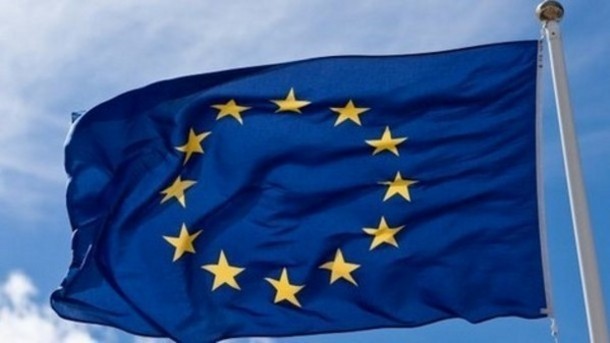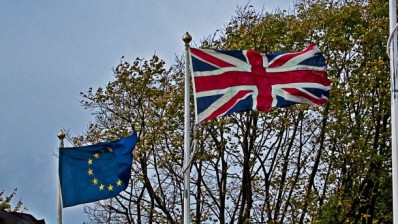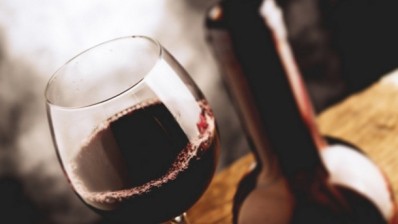WSTA warns Government over post-Brexit bootlegging

Plans to trigger Article 50 on Wednesday 29 March have prompted concern from WSTA members who fear “post Brexit red tape” will bring customs to a standstill and transform key ports and surrounding roads into “lorry parks”.
The UK wine trade is worth £17.3 billion in economic activity, with around 1bn bottles of wine coming from the EU into Britain per year.
The majority of wine imports arrive by boat and are transferred to lorries to be distributed across the country, with Dover alone handling on average 290 lorries per hour – working out at one every 12.4 seconds, according to the WSTA.
Chief executive of the WSTA Miles Beale said: “We all want to avoid a cliff-edge situation and urge Government to take industry advice on how to avoid a trade dead-stop and ensure the rapid transit of goods.
“There must be clear and workable mechanisms in place to allow cross-border trade of wine and spirits from the moment we leave the EU.
“Anything else will result in huge delays at the ports leading to backlogs and gridlock. We must do everything we can to prevent Britain turning into a lorry park.
“If this isn’t addressed it will mean misery on the roads for all and will also mean that wine and spirits will not get onto the shelves. If this happens it is not unrealistic to expect an influx of bootleggers looking to find more efficient ways of getting alcohol into the UK.”
Double the volume of cargo needing checks
Imports from and exports to countries from outside the European Union are subject to customs controls. Goods from the EU, however, are free to be moved on with no extra checks, safeguarded by EU standards and the terms of the single market.
The WSTA have said when the UK leaves the customs union, it will see more than double the volume of cargo that could be subject to inspection at British ports.
Managing partner of Jascots Wine Merchants John Charnock said: “We’ve been working closely with our suppliers and clients to minimise the impact of Brexit thus far and believe it’s important that we all do our part to ensure the future of this industry and help our members of Parliament understand what they can do to assist.”
When the UK exits the EU Customs Union, the WSTA have said a new set of customs clearance and border control procedures “are vital to maintain Britain’s poll position” in the world wide wine trade.
The UK wine industry is the second largest wine importer by volume to Germany and the second largest by value to the USA.
Alternative entry routes
WSTA customs expert, David Richardson, added:“If we find ourselves in the nightmare scenario of UK ports shutting down as lorries are held in stacking chaos then goods will not be getting to market. This will inevitably lead to bootlegging.
“The UK is the most important country in the global wine and spirit trade and criminals will find alternative methods of getting alcohol in. It’s big business for Britain and it’s vital Government maintains the free flow of trade between the UK and Europe and reassures industry with an early solution.”
The wine and spirit industry are calling for clarity from government to whether there will be new customs checks and if they would take place in the UK or at EU ports.







